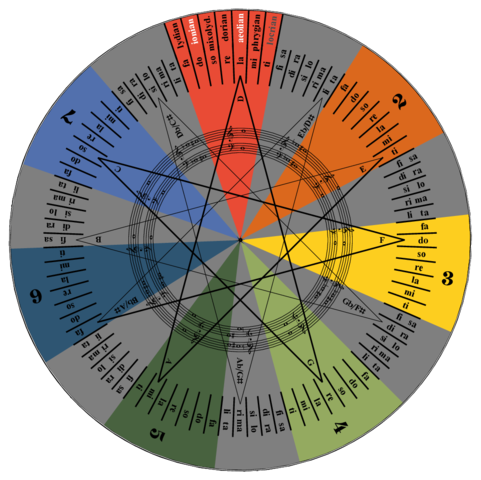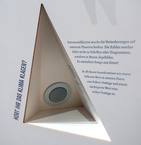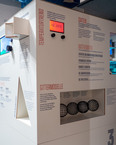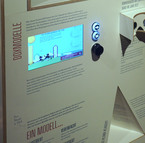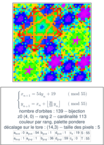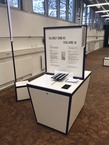Note Compass
programa
Licenses
Source code
Créditos
Why is the music scale irregular? Why are there black and white keys in the piano, distributed in such a peculiar pattern? Why do we have a scale with tones and semitones? And more deeply, how notes are grouped into families, and what role do they play within such families?
The western music scale is not uniform: each octave contains 12 notes, but 7 of them are highlighted as principal in a precise pattern, as we can see on the keyboard of a piano. Precisely beacause the scale is not uniform, we can permute the notes cyclically and obtain new patterns that produce similar but different scales (modes of the diatonic scale).
We can refer a note by its pitch (denoted by latin letters ,C, C#, D…), by its position (denoted by a numeral 1,2,3…) or by its role in solfedge (denoted by syllabes do, re, mi, fa…). This combinatorial wheel allows us to explore all the modes of the diatonic scale and to find which the pitch, positiion and role of each note.

